
Partnerships developed between the United States and Mongolia since 1987 reflect the variety of ways in which diplomatic engagement can help set the stage for more dramatic and far-reaching changes. The author, Jonathan S. Addleton, participated in a number of these developments, first as USAID country director (2001–04) and later...
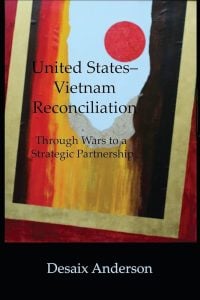
Based on over forty years' consideration of Vietnam's history, the author aims (a) to put the Vietnam War within the context of Vietnam's overall history; (b) to examine the historical interaction of the United States and Vietnam in war and peace; (c) to understand U.S. and Vietnamese policies and perceptions...

Fifteen men and women have occupied the position of Assistant Secretary for African Affairs. They charted the course of U.S. Africa policy for fifty years that spanned the dawn of African independence to the present era of globalized engagement. In these pages each Assistant Secretary describes his or her stewardship...

Diego Asencio met Nancy Rodriguez in 1951, and the young couple married in 1953. Diego entered the U.S Foreign Service in 1957, and thus began his, Nancy's and their children's life as a U.S. Foreign Service family.
Diego's first overseas assignment was to Mexico, where he assisted jailed or troubled...
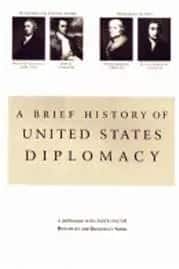
This colorful booklet highlights through text and historic illustrations the dramatic events of U.S. diplomatic history and the individuals who made them happen. Recommended for students of all ages and anyone wishing a panoramic snapshot of the country’s diplomacy.
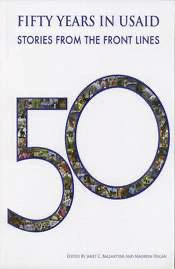
Published in November 2012 by Arlington Hall Press, an imprint of the Association for Diplomatic Studies and Training, this collection contains 115 brief essays by past and present USAID staff and administrators, organized by decades. To celebrate USAID’s 50th anniversary, the editors, Janet C. Ballantyne and Maureen Dugan, reached out...
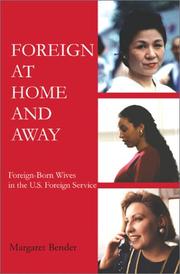
It is estimated that one-third to one-half of the women married to U.S. Foreign Service officers are foreign-born. In Foreign at Home and Away, Australian-born author Margaret Bender has drawn on her own twenty-five years’ experience as a Foreign Service wife and on extensive interviews she conducted with forty women from...
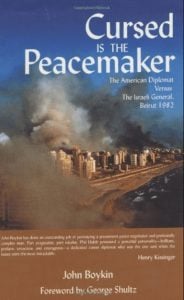
John Boykin’s fast-paced life of the extraordinary diplomat Philip Habib zeroes in on Habib’s excruciatingly difficult, much lauded, but short-lived success in halting the Arab-Israeli war in Lebanon in 1982 and negotiating the evacuation of PLO leader Yasir Arafat and his PLO fighters. Twenty years later, Arafat and Ariel Sharon,...
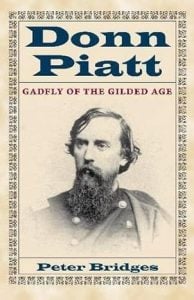
Donn Piatt (1819–1891) was a celebrated diplomat, historian, journalist, judge, lawyer, legislator, lobbyist, novelist, playwright, poet, well-known humorist, and consummate Washington insider. Having served as an American diplomat in France in the 1850s, he had a strong and influential interest in foreign affairs. After the Civil War, Piatt became famous...
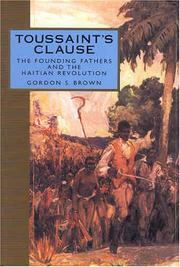
In Toussaint’s Clause: The Founding Fathers and the Haitian Revolution, former ambassador Gordon Brown relates how America’s early leaders and their diplomatic representatives dealt with the politically sensitive issue of the 1790–1810 slave rebellion in Haiti led by Toussaint L’Ouverture. Founding fathers George Washington, John Adams, Alexander Hamilton, Thomas Jefferson, and...
